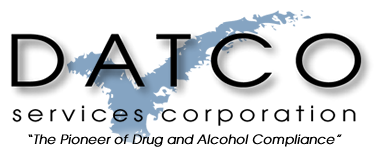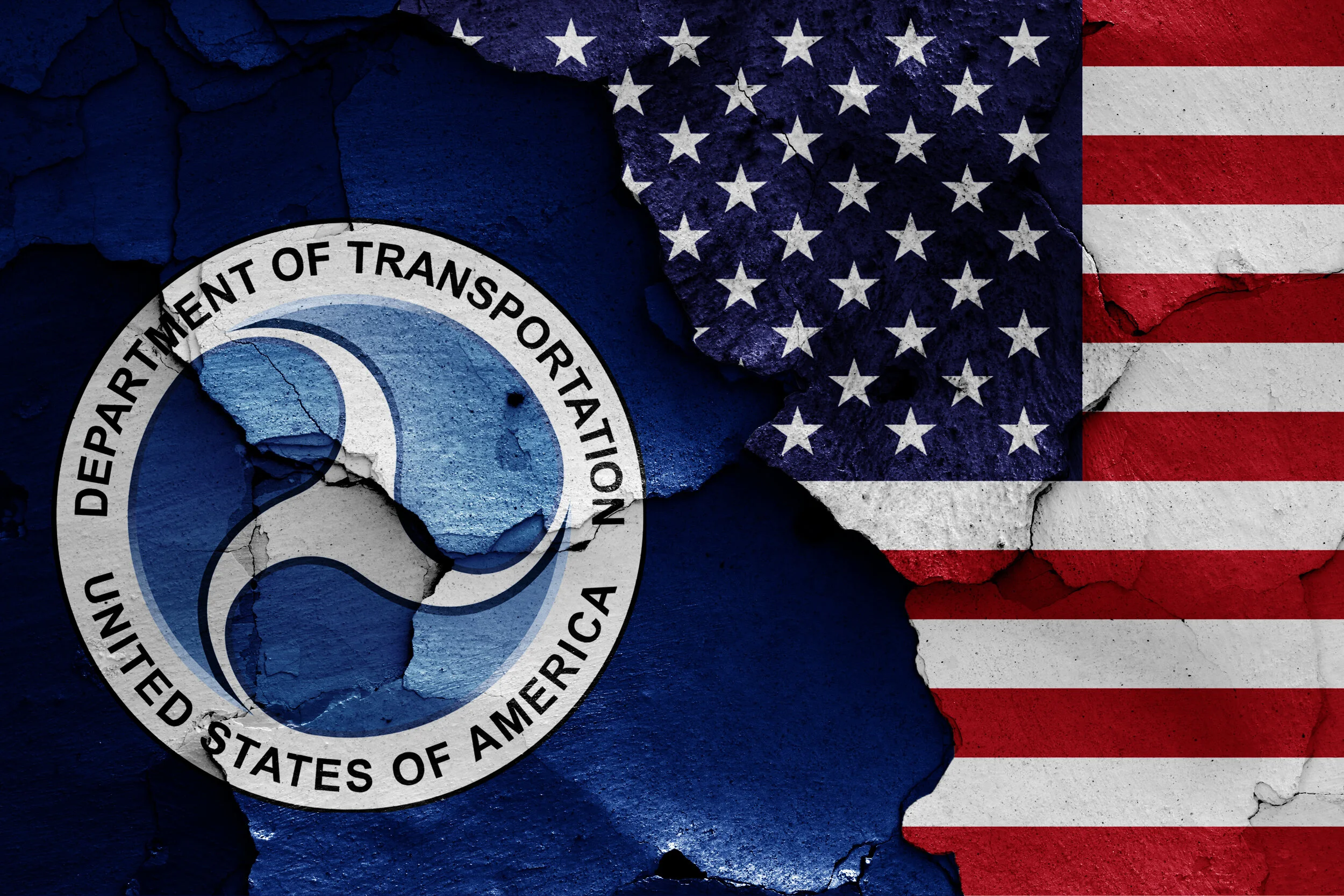The Omnibus Transportation Employee Testing Act of 1991 enforces that drivers operating vehicles that require a commercial driver’s license must be tested for alcohol and controlled substances according to federal regulations. If this seems like a lot, don’t worry. DATCO is here to help you get through every step of the DOT compliance process.
Read MoreOn June 1, 2021, Amazon announced that they will no longer drug test potential employees for marijuana for jobs that do not involve heavy machinery usage. Positions that need to meet DOT Drug & Alcohol Compliance will still require testing.
Read MoreThe U.S. Coast Guard has set its minimum random drug testing rate for 2021. Read more to learn what this means for employers.
Read MoreThe Department of Transportation collects data from drug test results and uses it to set random testing rates. However, the steps taken by the DOT to verify the accuracy of drug test data are not consistent among its agencies. A study conducted by the U.S. Government Accountability Office revealed that the steps taken by the DOT to verify and publicize drug and alcohol testing data need to go further.
Read MoreWhile DATCO Services makes it easy for you to meet all your compliance needs through our video training center, understanding DOT policy is still essential.
DOT’s 49 CFR Part 40 rule describes the required procedures for workplace drug and alcohol testing. In this blog we’ll be defining the three key DOT training processes needed to meet compliance.
Read MoreThere are approximately 2 million professional truck drivers in the United States, making it one of the most common jobs today. With so many truck drivers on the road and daily civilian drivers, it is essential to ensure everyone is safe when they get behind the wheel. This is why the DOT (Department of Transportation) drug testing is critical.
Read MoreThe Department of Transportation (DOT) has six agencies that it regulates because the people who work for these agencies directly impact the public's safety. People in safety-sensitive roles typically work on the roads, in the air, on the water, or the railways. This is why mandatory random drug testing allows people in these agencies to continue working while keeping the public safe.
Read More






